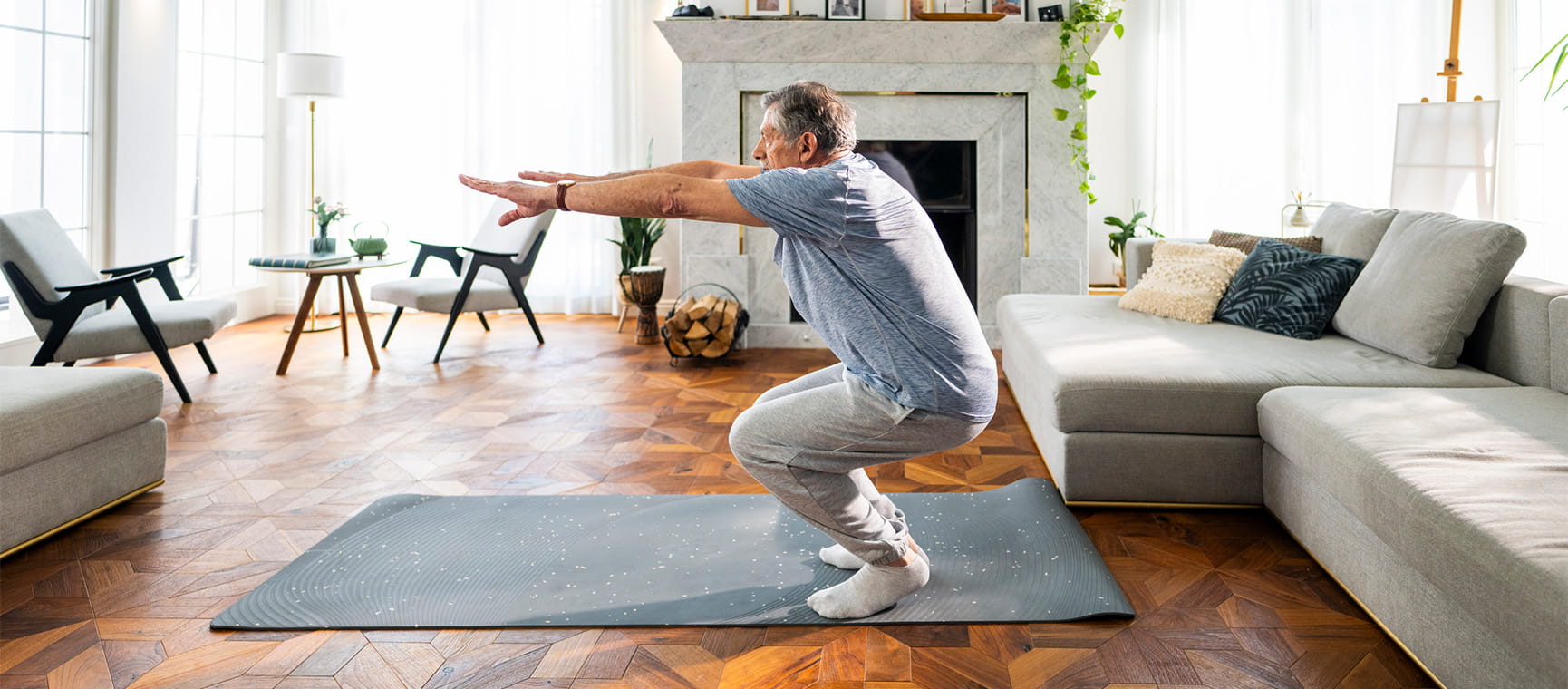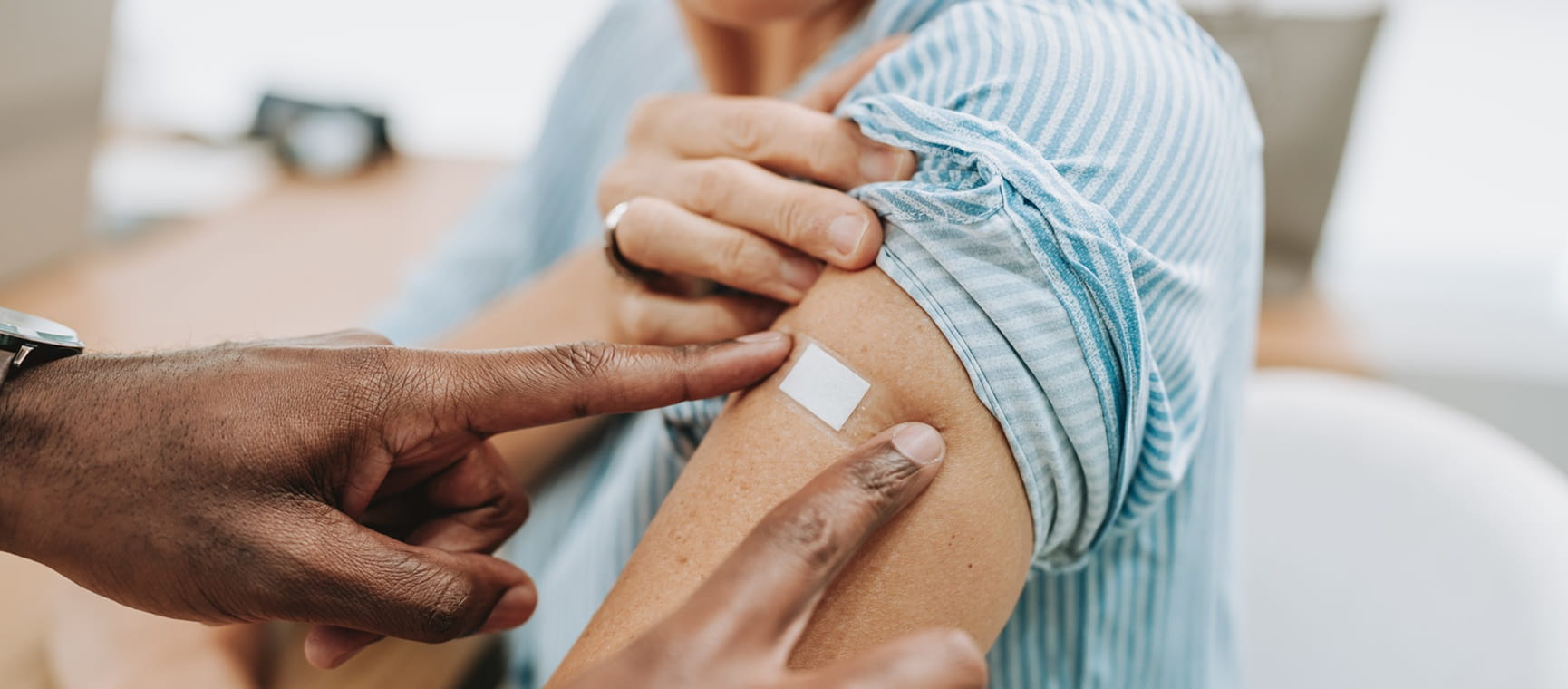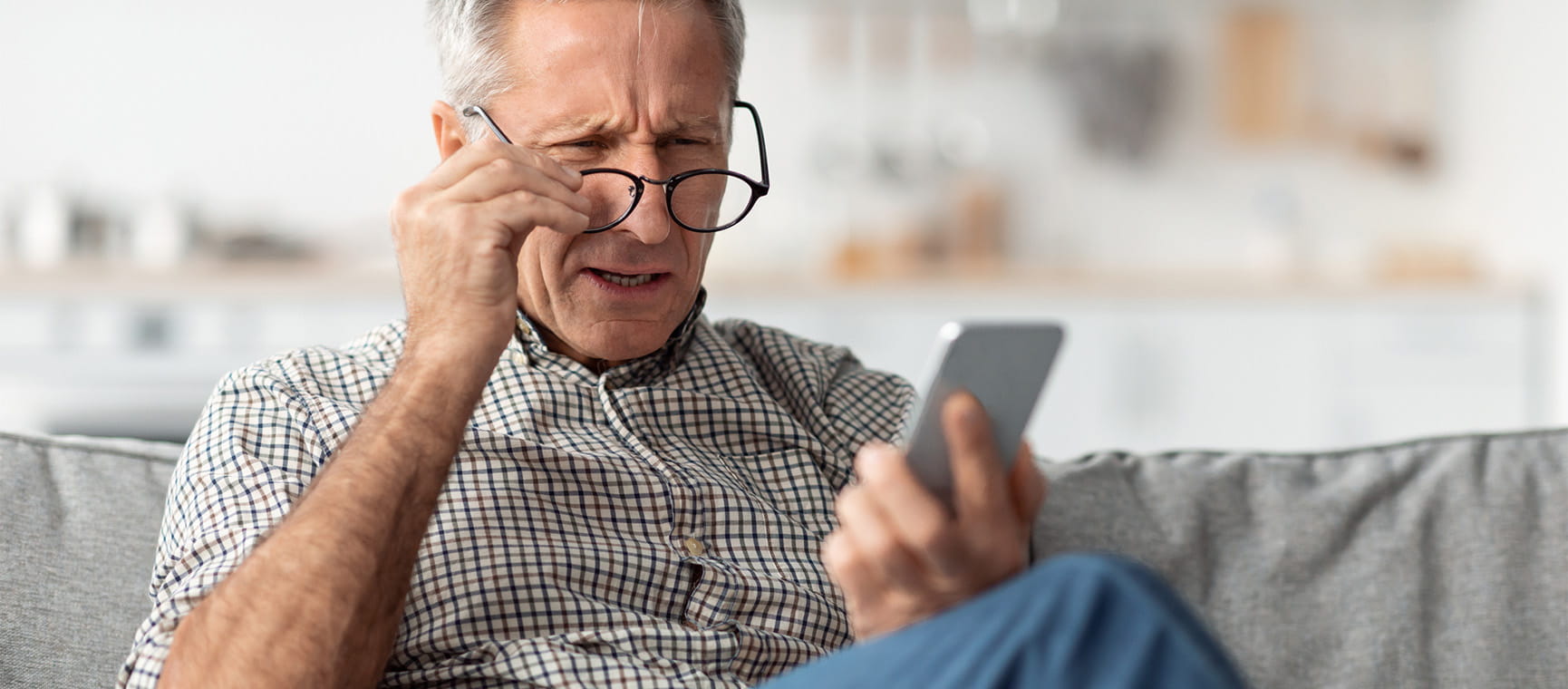"My grandchild swallowed a battery" - Dr Mark Porter advises
Our medical expert explains the dangers of children swallowing batteries, and explains what to do if it happens
.jpg?la=en&h=760&w=1730&hash=0330AE5DEB26AFFB9D3E5064EB297DDB)
Our medical expert explains the dangers of children swallowing batteries, and explains what to do if it happens
.jpg?la=en&h=760&w=1730&hash=0330AE5DEB26AFFB9D3E5064EB297DDB)
I am writing to share what happened to our family last Christmas in the hope it might prevent others going through the same.
Our two-year-old granddaughter, Emily, swallowed one of my husband’s hearing aid batteries after he changed them, just before lunch. He left the old ones on the arm of his chair.
Emily ended up spending Christmas and Boxing Day in hospital. She was fine, but I had no idea how common this is, or how serious it could have been. Please spread the word.
I’m glad Emily was OK. I don’t have recent figures for the UK, but 3,500 children are seen every year in US hospitals after swallowing button batteries. The Child Accident Prevention Trust says at least two children die each year in the UK after ingesting them.
Most will travel through a child without causing problems but occasionally they can burn the gut wall – particularly the oesophagus (gullet) – leading to serious complications including bleeding and a perforated bowel.
So please be careful with these batteries, particularly old ones you put aside for recycling. Always put them back in the original packaging or cover them on both sides with non-conductive tape and store somewhere safe. Smaller hearing aid batteries are the number one culprit (36% of cases in one study), followed by larger coin-sized types found in key fobs, calculators and toys.
And if a child – or adult – swallows one, or you even think they might have, take them straight to the nearest A&E department. And don’t delay, as complications can develop within a few hours. The same advice applies if they push the battery up their nose, ear, or anywhere else for that matter.
I hope Grandad was forgiven.
With 26 years experience in practice and a partner in a busy South Gloucestershire surgery, Dr Mark is also resident doctor on BBC One's The One Show, presents Radio 4's Inside Health, writes for The Times, and has popped up on celebrity versions of The Weakest Link and Mastermind.
Dr Mark was awarded an MBE in 2005 for services to medicine.

For a limited time, enjoy 3 issues of Saga Magazine for just £1. Receive the next 3 print editions delivered direct to your door, plus 3 months’ unlimited access to the Saga Magazine app—perfect for reading on the go.
Don’t miss your chance to experience award-winning content at an exceptional price.

Are you retiring at the wrong age? The best age to retire for your body, brain, happiness and pocket.


Everything you need to know about the lung infection, and how you could be ill with “walking” pneumonia without realising it.

Strong calves for a strong mind: how they support our circulation and brain health, with easy moves to strengthen yours at home.


Our GP Dr Mark Porter explains what can cause itchy skin, which is a common problem as we get older.

Worried you’ve morphed into Victor Meldrew? Find out how to battle that bad mood, and what to do if you’re stuck with a grouchy loved one.

The benefits of heat and cold therapy, and how Nordic bathing won over our nervous writer.

Here’s how to spot the symptoms of heat disease and reduce your danger.


The NHS winter vaccination campaign kicks off next week. Here’s the lowdown on what you need to book.

Pilates for back pain – what to do if you are suffering, and five gentle exercises that could help.

Dizziness or vertigo: a sensation of spinning, can stop us doing everyday things for fear of falling. Try these tips to stop feeling dizzy


You don’t have to put up with bladder leaks. We try out the latest pelvic floor gadgets for men and women.

Cataracts are a normal part of ageing. Learn how to spot the signs – and when it’s time to consider surgery.